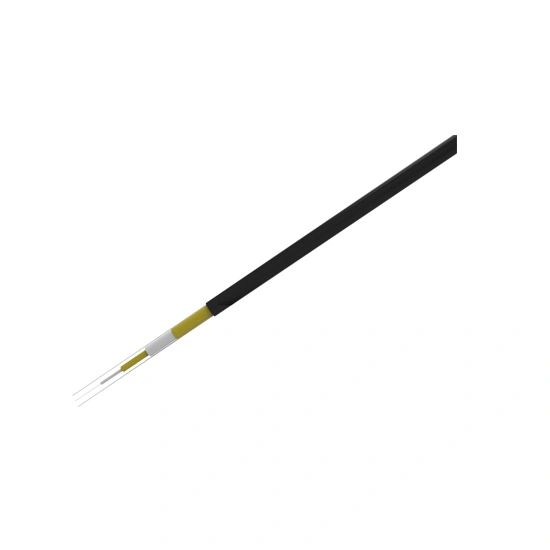Ensuring Optimal Performance and Durability in Harsh Environments

Outdoor cables play a critical role in providing reliable connectivity for various applications in harsh environments. To ensure their performance and longevity, it is crucial to implement effective waterproof and anti-corrosion protection measures. By shielding cables from water damage and corrosion, these protection measures play a vital role in maintaining the integrity and stability of the network. This article will delve into the importance of waterproof and anti-corrosion protection for outdoor cables, exploring various techniques and materials to ensure optimal performance in challenging conditions.
1. The Significance of Waterproof Protection
As outdoor cables are constantly exposed to rain, humidity, and other moisture-related risks, implementing effective waterproof protection is essential. Moisture intrusion can lead to signal degradation, increased data loss, and even complete cable failure. To address this, robust waterproofing techniques are employed.
One common approach involves the use of specialized waterproofing compounds such as polyurethane or silicone-based sealants. These compounds are applied to cable joints and connectors, creating a barrier that prevents water ingress. Additionally, moisture-resistant enclosures and heat-shrink tubing can be used to further enhance protection.
2. Anti-Corrosion Measures for Prolonged Cable Lifespan
Corrosion is another significant threat to outdoor cables, particularly in areas with high humidity or chemical exposure. Corrosion not only weakens the physical structure of the cable but also hampers its electrical performance. To mitigate this risk, anti-corrosion measures are crucial.
One effective method is to utilize corrosion-resistant materials in the cable construction. Stainless steel or galvanized steel armor can act as a protective layer against corrosive elements. Furthermore, coatings and wraps made of polyethylene or polypropylene can be applied to the cable's outer surface, providing an additional layer of defense.
3. Regular Maintenance and Inspection
While implementing waterproof and anti-corrosion measures is vital, regular maintenance and inspection are equally important to ensure the ongoing protection and performance of outdoor cables.
Periodic inspections should be conducted to detect any signs of damage, such as cracks, corrosion, or water ingress. Prompt repairs or replacements should be carried out to prevent further deterioration. It is also crucial to schedule regular cleaning and dry-out procedures to remove any accumulated moisture or debris.
Conclusion
Waterproof and anti-corrosion protection measures are paramount for safeguarding the performance and longevity of outdoor cables in harsh environments. By implementing robust techniques such as waterproof compounds, corrosion-resistant materials, and regular maintenance, cable operators can ensure optimal performance and reliability. Proactive measures not only enhance the network's durability but also minimize downtime, resulting in increased customer satisfaction and improved business operations.



